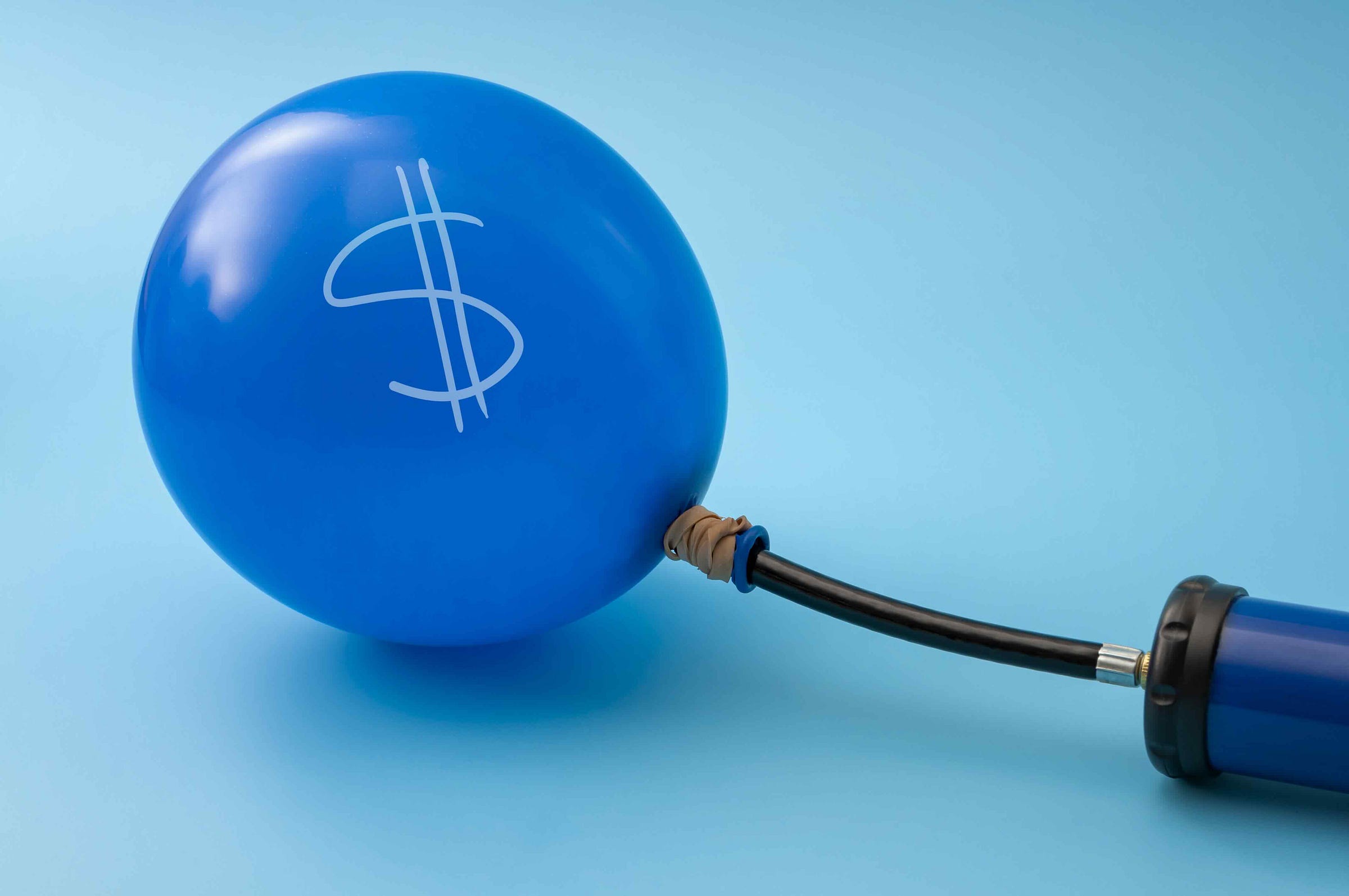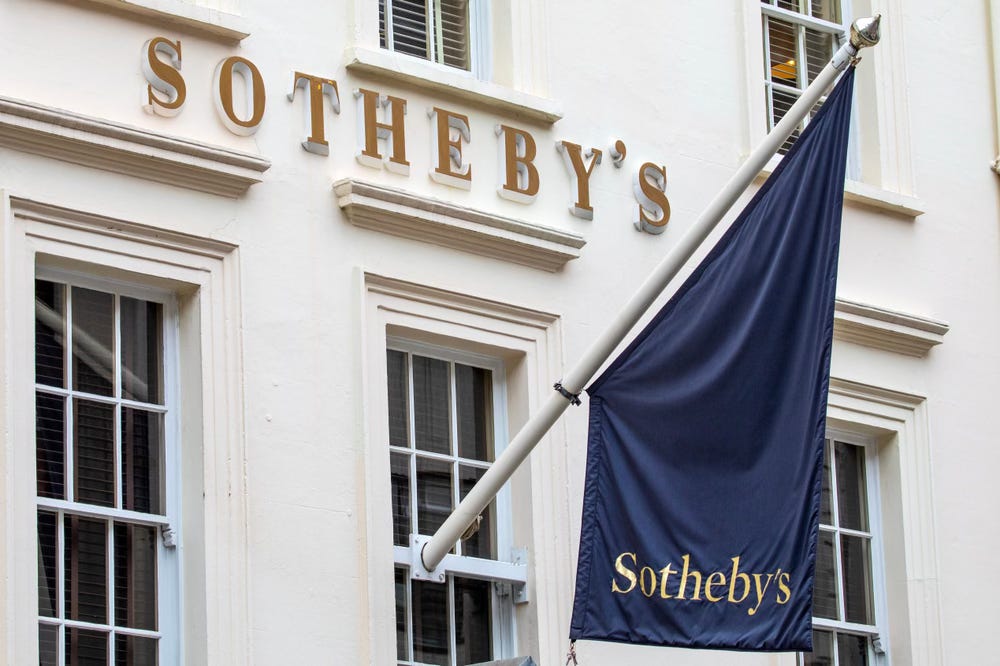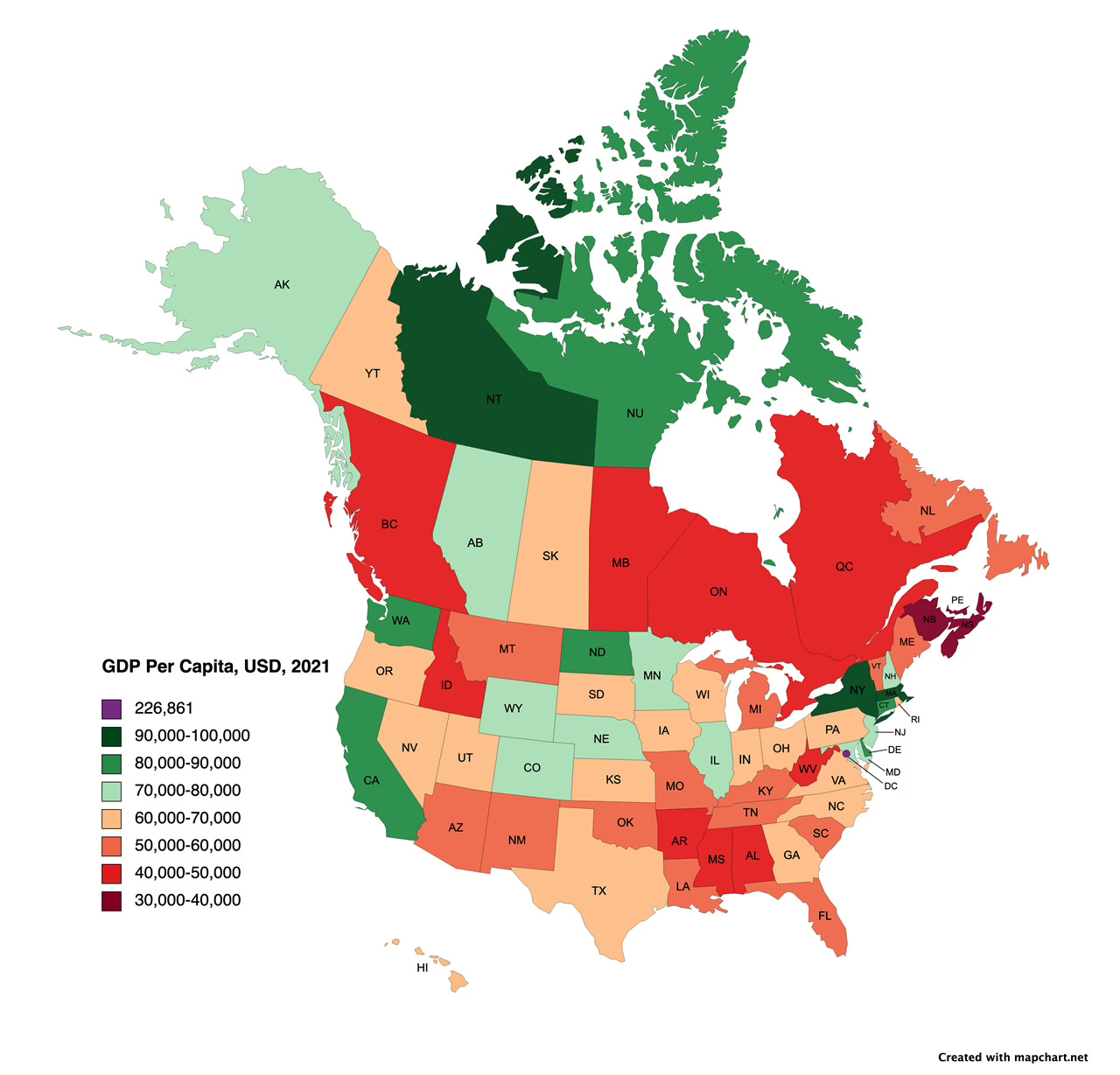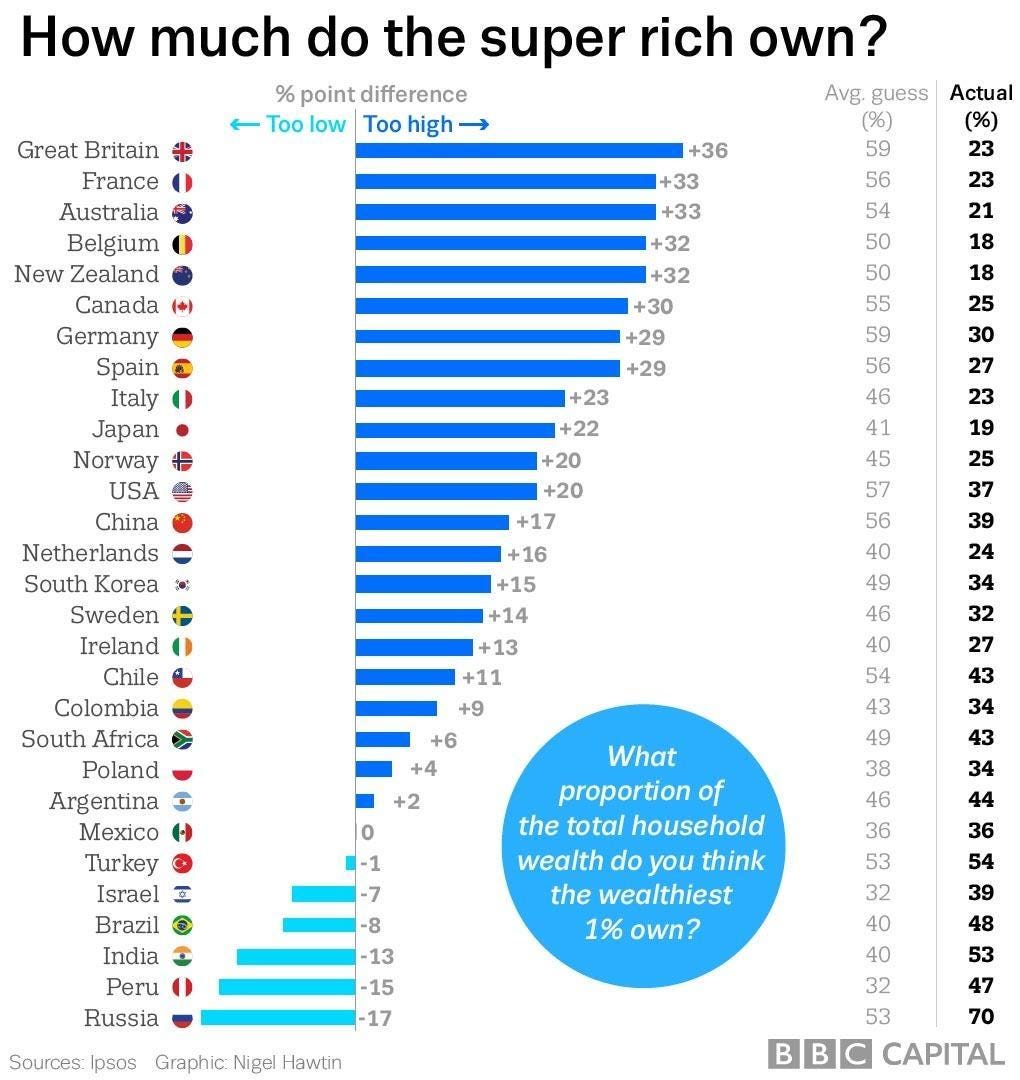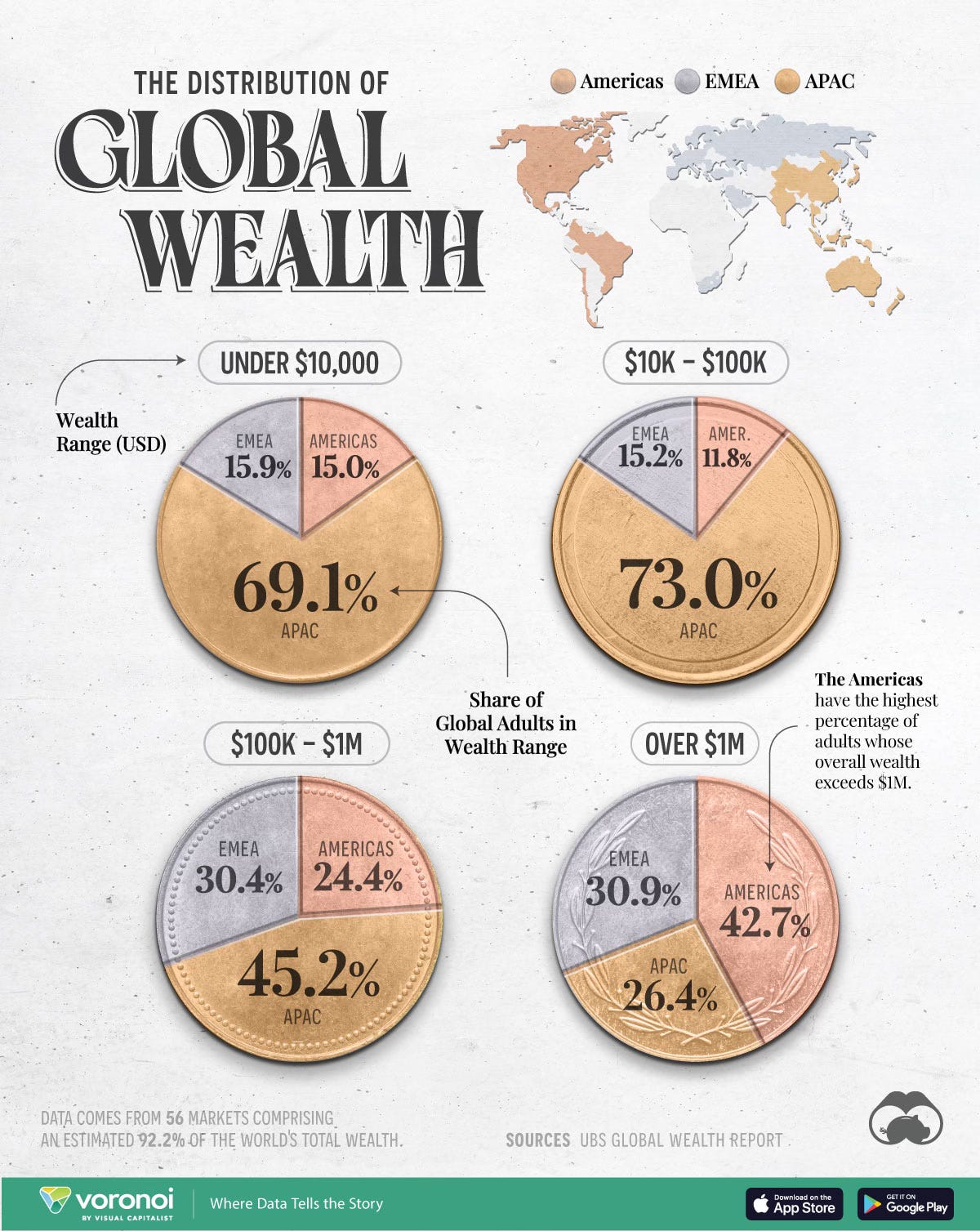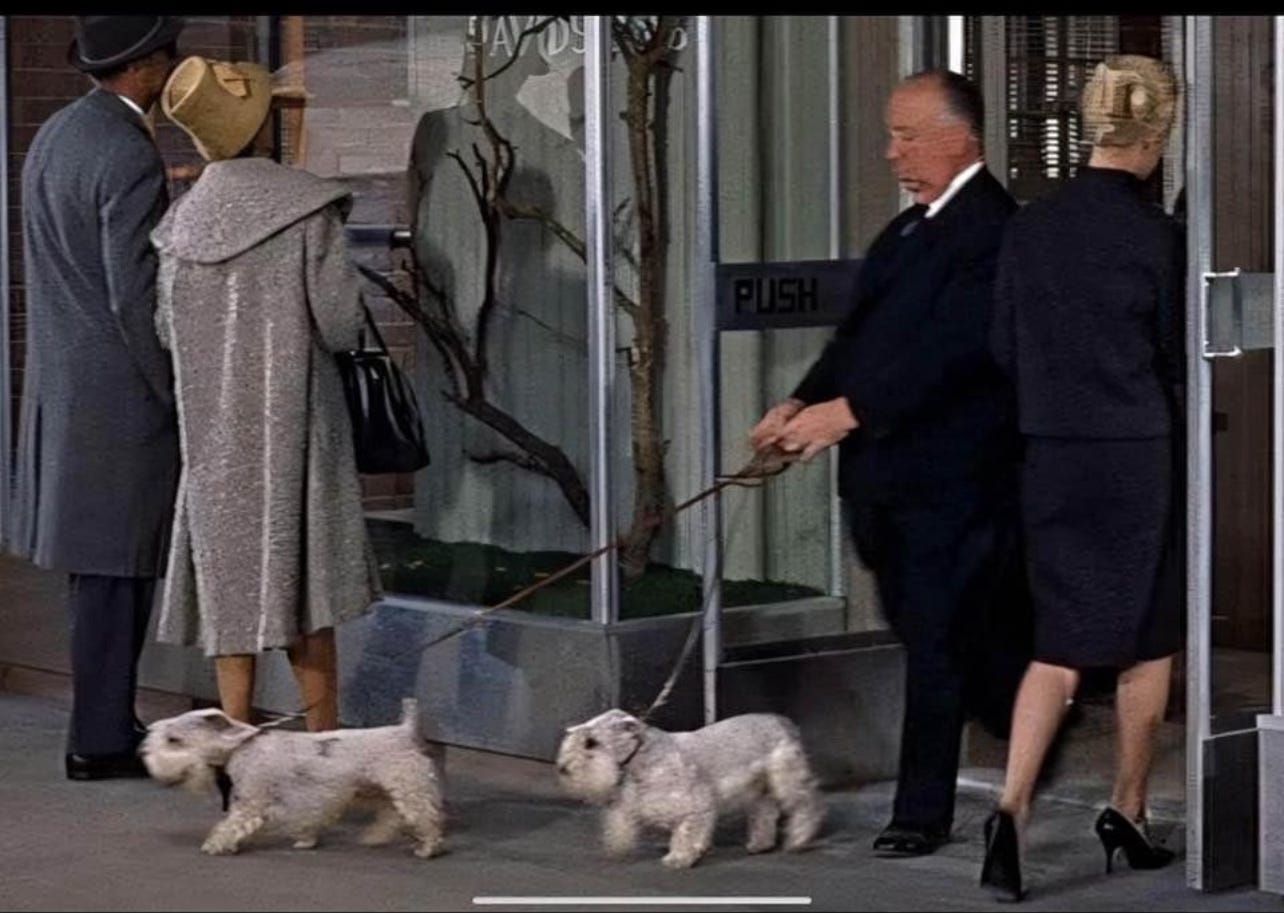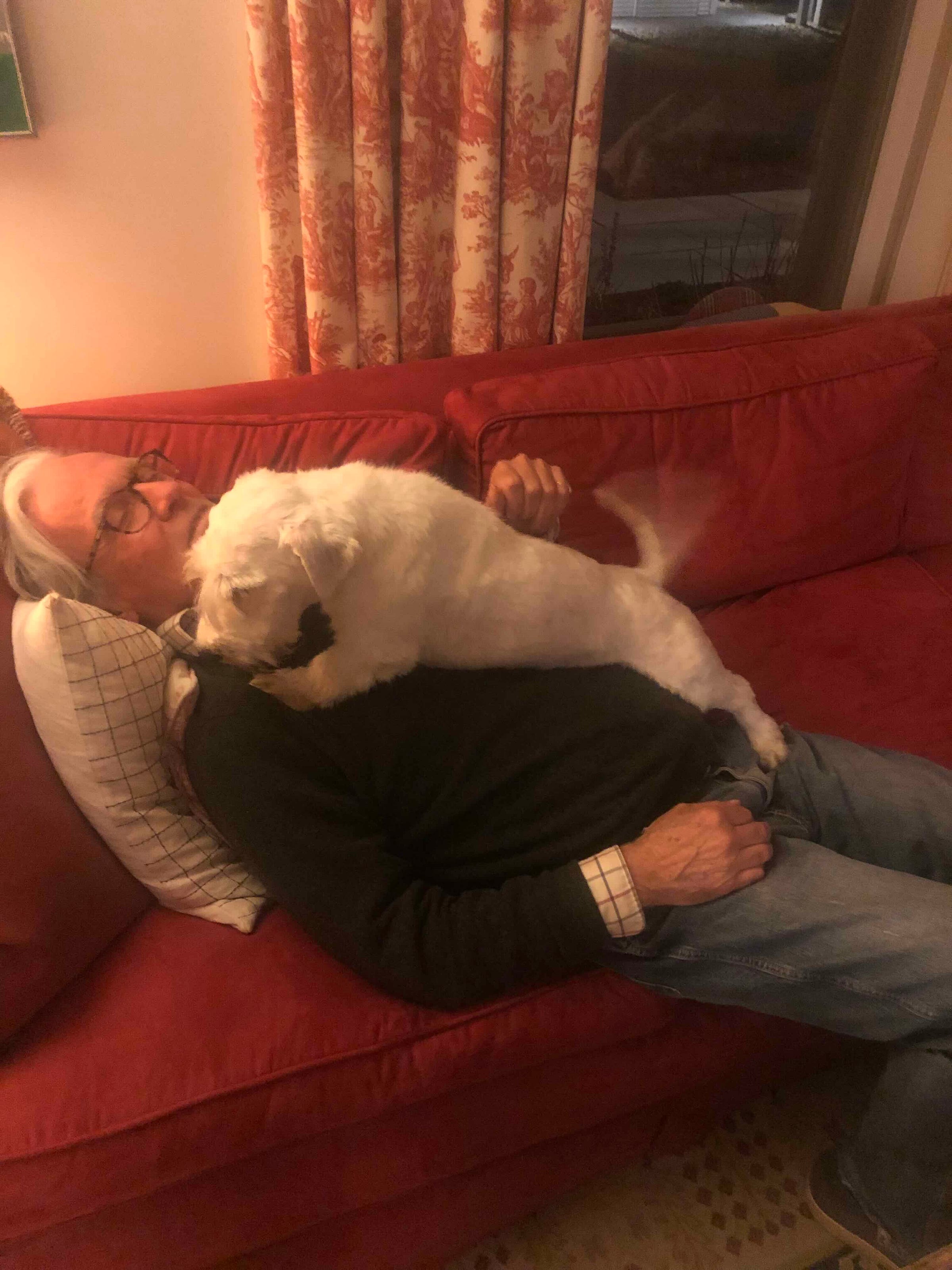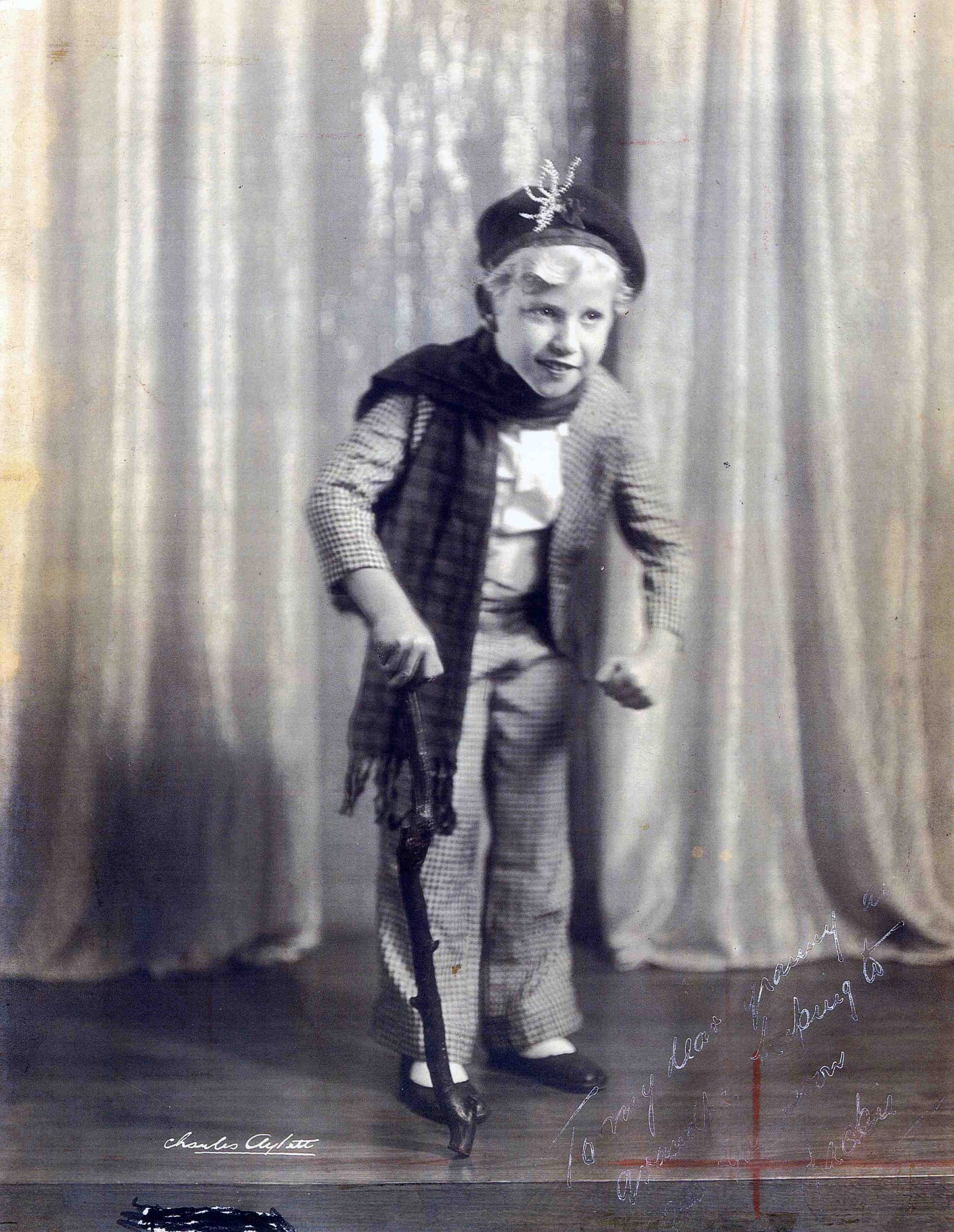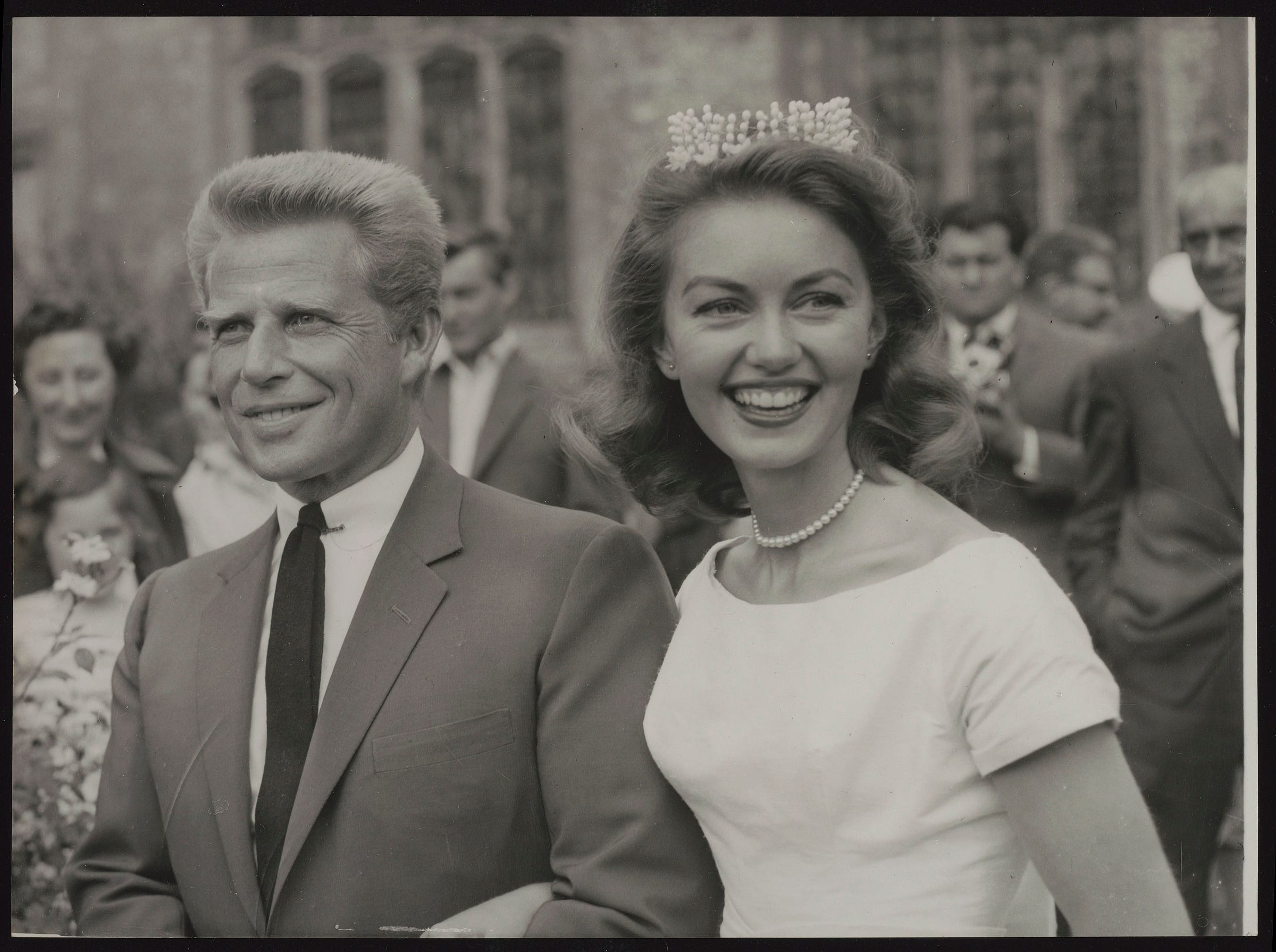Bubble Bubble
There is a lot of talk on the back pages of business papers about bubbles. Usually, but not always, economists and financial journalists are onto something. By the time something happens, as in 1929 or 2008, TV news and the regular pages are too late but business writers were on to the subprime mortgage story early.
There are so many bubbles; which one will be pricked first? In the Globe= and Mail economist David Rosenberg warned about a stock market bubble, saying few people will knew when it is over: “At some point this (stock market) bubble will burst…” writes Rosenberg. “At no price bubble peak in the past have so many households, including the aging and aged boomers, been exposed to equity risk as they are today.”
Warren Buffet has dumped more than $100-billion worth of stocks in the last few months, says the Globe, and he has a record $310-billion in cash. Does Warren Buffet know something you don’t know?
The air seems to be coming out of the housing bubble, at least in three big cities in Canada and New York City. The condo market in Toronto is selling off with prices at a a three year low and down 19% since February of 2022. Even single-family housing prices are weaker.
Properties in Manhattan are hanging around for a long time and prices are weaker.
Owners are “..emboldened by the trophy home prices they see on television,,,” says the Wall Street Journal in a piece on how the super-rich are cutting and running.
This is one of the terraces of a triplex in Manhattan. It was listed for $12.2-million; sold for $5-million about what they paid for it two decades ago. Crummy return.
The Art Market
Another bubble that has started to deflate but still has some way to go. One story after another points to a weaker 2024 with more to come. Rich people who buy art, for its own sake or as an investment, are backing off. One sign: the big auction house Sotheby’s needed a “financial lifeline” of $1-billion from a fund in Abu Dhabi.
Crypto
Perhaps the biggest bubble of all is Bitcoin, the king of crypto currencies.
The prospect, and then the reality of Donald Trump winning the election sent bitcoin soaring 34% in the last month, trading at $90,200 on Sunday afternoon. When Bitcoin first appeared in 2009 you could buy one for $5.02 on PayPal.
Since then it is up 827,000%. That is not a typo. There is a lot of room for Bitcoin crash. I still don’t understand it.
Earnings by Geography in Canada and the United States
Once or twice a week I get a new group of maps sent to me online. This week there were maps to help Americans decide if they want to move to Canada if the election of Donald Trump upsets them. There is always a lot of talk about moving north but not much action. It’s not a great move if you are greedy. The United States is far richer than Canada and is only getting richer…for now.
This map details GDP per capita by province and state. Much has been made of the news that most of Canada is now poorer than Mississippi and Alabama.
Perception and Reality on the Uber Rich
The BBC did this chart on how much people think their country’s assets are owned by the top one percent. The British were off the most. The top 1% own 23% of assets there but the average Brit thinks the super rich own 59%.
Down at the bottom, Russians are also delusional, but they underestimate the control of the oligarchs who control 70% of the country’s riches.
Where the Rich Live
Hitchcock’s Sealys
The famous director owned Sealyham Terriers and appeared in a cameo walk on in The Birds (1963). The blonde woman walking by him is Tippi Hedren, the movie’s star and Hitchcock’s obsession.
And then there is Poppy. Our third Sealyham Terrier. This in on her first day with us after arriving from Vancouver in 2021. Affectionate isn’t she?
Essay of the Week
This is an obituary I wrote for the Globe and Mail in 2006. Unusual in that Jackie Rae lived across the street from me in Toronto at the time. And one interview was serendipitous. My desk in the CBC newsroom was right beside the area where politicians and celebrities were interviewed live. Who should show up to be interviewed but Bob Rae, Jackie Rae’s nephew. Bob, who was about to talk on I can’t remember what subject, though Google reminds me he was about to run for leader of the federal Liberal Party. I grabbed my notebook and asked him for a quick interview on his uncle. Rae is a friendly, down-to-earth guy and he agreed.
***
Jackie Rae was a war hero, bandleader, songwriter as well as a radio and television producer. He also was a TV and radio star in Canada and Britain. He started early, making his stage debut at the age of three, singing the 1920’s novelty song, “Yes We Have No Bananas” on a vaudeville stage in Winnipeg.
He was performing with his older brother Saul. Several years later the two joined with their sister Grace to form a group “The Three Raes of Sunshine.” Corny, but vaudeville was built on that kind of thing. It was live theater that played on its own or as a warm-up for movies. It is why older movie theatres, the few that are left, have stages that can accommodate live acts.
The Rae family moved to Toronto when Jackie was five and it was then the vaudeville act got started in earnest. He was around 8 when he went across Canada and the United States as part of the Famous Players troupe of traveling performers.
This wasn’t to say the Rae children were ignoring school. His older brother Saul won a scholarship to Oxford and that finished the vaudeville act. Jackie finished high school at Jarvis Collegiate in downtown Toronto.
Just after war broke out he volunteered for the air force.
He was 18 years old when he started training as a pilot in Toronto, Goderich and Camp Borden and flew with 416 Squadron of the Royal Canadian Air Force.
Flight Lieutenant Rae flew 192 missions over England and Europe, qualifying for the name of Ace given to pilots with more than five kills. He was awarded the Distinguished Flying Cross on August 27, 1943, when he had almost two year of flying left in the war. His citation for his DFC mentioned his work in the air, but also his actions against German shipping.
"This officer has completed sixty sorties and throughout has displayed skill and determination of a high order. He has taken part in many telling attacks on shipping, while in combat he has destroyed at least two enemy aircraft. His fine fighting qualities and excellent leadership have contributed materially to the high standard of operational efficiency of his flight."
Canada’s chief military historian, Dr. Steve Harris, said the use of the adjective “telling” in the citation was probably a kind of military shorthand for dangerous missions. Many of the harbours of occupied Europe were heavily fortified with anti-aircraft guns, dangerous for low flying fighters.
The Photo below shows the handsome Flight Sergant John Rae, obviously before his promotion to Flight Lieutenant. The wings clearly show he is a a pilot.
Along with his flying duties, Flight Lieutenant Rae also produced musicals and other shows for Canadians serving in England.
When he returned from the war he started working for the CBC as a variety producer. He worked on many musical and comedy programs, perhaps the most famous being Wayne and Shuster, which he worked on from the start. The two comedians were attracted to a man who had experience on the stage, knew the value of comic timing as well as music. He knew Wayne and Shuster by reputation—his brother Saul produced them in the UC Follies at the University of Toronto in the 1930’s. Jackie Rae but met them at party in Toronto.
“They knew of my vaudeville background…and Johnny and Frank asked me to join them as a producer of their soon to begin series of radio shows,” said Mr. Rae in a magazine article in 1950 with the title “My Four Years with Wayne and Shuster.”
From the late 1940’s on he also wrote songs, something he started doing during the war. Several of his songs were recoded including Valley of the Saints that was also used in a Hollywood film, Square dance Katy. There was a square dance craze at the time – remember the photograph of Princess Elizabeth and her new husband Philip square dancing in western gear during a visit to Calgary.
Later two of his songs were big this. Please Don’t Go won an ASCAP award as country song of the year, and Happy Heart sold a million copies as recorded by Andy Williams, and was also recorded by Petula Clark.
During the Korean War Jackie Rae worked on program called Voice of the Army. It ran as a live stage program with a military band—all brass and percussion no strings—at the Carlton Theatre in Toronto. It’s hard to imagine the CBC doing such a thing now, but it was in fact a recruiting program, similar to programming carried in the Second World War. It ran for 39 weeks and was produced for 2 seasons, 1950 and 1951.
The next year Mr. Rae sold the CBC on a peacetime version, Howard Cable’s Concert Band. That ran in 1952-53. He also worked in live theatre, producing and performing on stage at the Canadian National Exhibition in Toronto.
“His strength was that he could do it all as well as produce,” said Howard Cable, a conductor and arranger who worked with Mr. Rae in the early days and was a close friend since the war. “He was a good singer, played the piano and he knew show business intimately from an early age.”
People who worked with him also say he had a natural ear for music.
“Jackie has a pair of golden ears. He can get a definite sound out of an instrumental group,” said fellow producer Lou Snider in a 1954 magazine article. “He juggles microphones around the stage for hours until he’s absolutely satisfied.”
In September of 1954, when he was 33, Mr. Rae was promoted to the job of head of Variety programming at the CBC. He quit the administration job and then appeared in his own television program, The Jackie Rae Show on CBC television in 1955-56. It was produced by Norman Jewison, the future Hollywood director. Mr. Rae then made a radical change in his life and went back to Britain to work in television and radio.
He was lured over by an offer from Stu Griffiths, one of many Canadians who worked in television and radio in Britain in the 1950’s and 1960’s. The list included Mordecai Richler and Sidney Newman, who went on to become head of the National Film Board.
Mr. Rae was the host of several radio and television program in Britain. One of the most popular was called Spot the Tune, similar to the American program, Name That Tune. Mr. Rae was the presenter, as the British say, and he always sang a song as well as acting as quizmaster.
“It was a game show hosted by him. People would come on and they would play the first few notes and then try to guess the name of the song title,” said Jeffery Rae, one of his two sons from his first marriage. “At the time people loved his Canadian accent. He was the good looking guy with the brush cut.”
Other programs he worked on in Britain included another quiz show, the Golden Shot, and an interesting radio program, “Jackie Rae: Made in Britain.’ On that he would interview up and coming homegrown musical talent.
When he returned to Canada in 1977 Mr. Rae went to work for Standard Broadcasting running the Canadian Talent Library. It supplied radio stations with Canadian content to help them meet CRTC regulations. It was shortly after this that he put together his own orchestra, The Spitfire Band. It was an 18-piece orchestra and at first it only recorded music. Later it played live, though Mr. Rae stopped performing with them several years ago.
“Jackie performed on stage until the age of 78, but continued with show business until the day he died. Most recently, he took up song writing again,” said his nephew John. “I often said to Jackie that having been in show business from the age of three until retiring at age 78 that the only time he did anything less dangerous and less risky was flying a spitfire in the Second World War.”
Members of the Spitfire band played at Mr. Rae’s wake.
Along with his band, Mr. Rae and his late wife Patrician helped start Music At the Atrium, a program for cancer patients at the Princess Margaret Hospital in Toronto. Along with music, one of his main hobbies was golf and reading about flying and the war. He was involved with the Air Cadets over the years.
He was a member of the Order of Canada.
Jackie Rae married four times, the first marriage in England during the war. He had four children and was close to his niece Jennifer and his nephews John and Bob, the politician. After Mr. Rae won his first election in 1978 as an NDP member of Parliament in Toronto, his uncle Jackie was quoted in the Toronto Star: “I’m proud of him, though our political views are not the same.”
As the two men grew older, their political views came closer together.
“Jack was pretty conservative in many ways. But he was a big supporter of mine when I was premier and lately,” said Bob Rae, who inherited some of his uncle’s musical talent. “Jack wasn’t that interested in politics. He judged people by whether he thought they were phonies or not”
On the night before he died, Jackie Rae watched his nephew being interviewed on television, and gave him tips on his performance.
John Arthur Rae was born on May 14, 1922 in Winnipeg. He died of heart failure October 5, 2006 in Toronto. He is survived by his four children.




